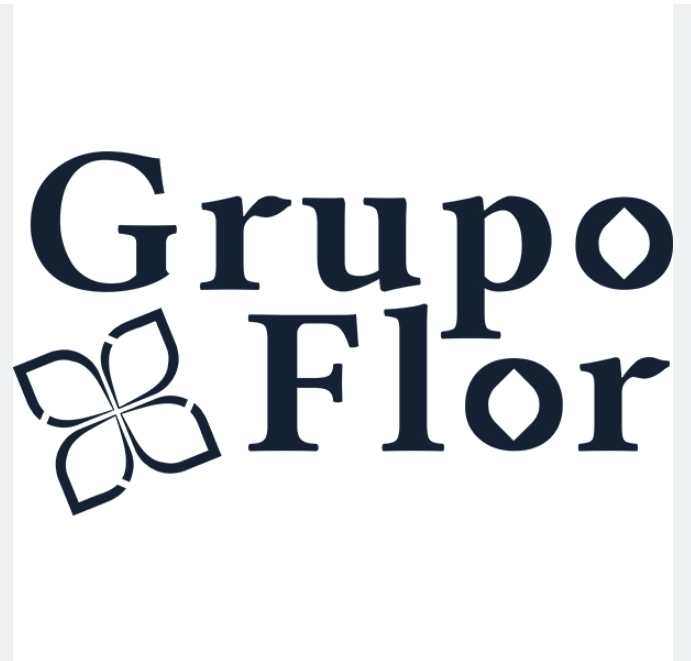Case Study: Grupo Flor: A Cannabis Turnaround Driven by Strategic Focus
SALINAS- When Mark Collins joined Grupo Flor as Chief Financial Officer, the California-based vertically integrated Cannabis company was in severe financial and operational distress. The business held multiple licenses across retail, cultivation, manufacturing, and distribution—far more than it could manage profitably. Heavy tax liabilities and operational inefficiencies threatened the company’s survival.
This case study details how Mark streamlined the license portfolio, restructured operations, stabilized finances, and restored investor confidence. Through disciplined cost control, a focus on high-margin retail, and targeted license rationalization, he positioned Grupo Flor to compete effectively in one of the most challenging Cannabis markets in the United States.
The Challenge
Upon taking the CFO role, Mark faced:
- Multi-million-dollar obligations to the IRS and California state tax authorities
- A sprawling license structure that included cultivation, manufacturing, distribution, and retail
- Investor fatigue from inconsistent performance and unclear strategy
- Declining margins due to price compression and poor inventory management
While vertical integration had been part of the original vision, it created high compliance costs, complex oversight needs, and operational sprawl. Many of the licenses were underperforming or draining cash.
Step 1: Immediate Financial Stabilization
Mark’s first actions centered on stopping further deterioration:
- Conducted a forensic review of financials, license costs, and regulatory obligations
- Discovered accounting errors and compliance oversights from prior management
- Negotiated structured payment plans with both the IRS and California regulators to preserve operational standing and prevent enforcement actions
Step 2: License Portfolio Optimization
Through detailed margin analysis, Mark identified retail licenses as the company’s most profitable asset. He led a strategic pivot to:
- Retain and grow the top-performing retail licenses
- Exit or divest from unprofitable cultivation and manufacturing licenses
- Restructure distribution under a leaner, outsourced model to reduce regulatory and staffing overhead
This shift significantly lowered compliance costs and freed capital to reinvest in retail.
Step 3: Project Clean Slate
Mark initiated Project Clean Slate to align operations with the company’s strongest revenue streams. Key moves included:
- Outsourcing manufacturing of house brands to trusted partners, eliminating the need to maintain costly manufacturing licenses
- Reducing headcount from over 240 to 150 employees to match the leaner license footprint
- Consolidating back-office functions and outsourcing HR and certain legal functions to specialized firm
Step 4: Tightening Operational Costs
Mark put strict cost controls in place by:
- Renegotiating vendor contracts
- Streamlining store inventory purchasing to improve turnover and avoid overstock write-offs
- Centralizing procurement to gain economies of scale
Grupo Flor HQ Salinas, California.
Step 5: Investor and Stakeholder Relations
Recognizing the importance of financial backers, Mark personally led restructuring discussions with investors and creditors, offering revised payment terms and selective lump-sum settlements to improve liquidity while preserving relationships.
Step 6: Operating Without Bankruptcy Protection
Because federal prohibition prevents Cannabis companies from using traditional bankruptcy tools, Mark created a creditor risk management plan to ensure ongoing solvency. This included maintaining full transparency with stakeholders and honoring all negotiated repayment schedules.
Step 7: Building a Strong Finance Team
Mark restructured the finance function by hiring experienced professionals with Cannabis regulatory knowledge. Under his leadership, the team:
- Ensured ongoing compliance with California’s complex Cannabis laws
- Built real-time financial reporting dashboards for faster decision-making
- Improved cash flow forecasting and tax liability planning
Step 8: Laying the Foundation for Growth
Once the business was stable, Mark guided initiatives to:
- Open new dispensary locations in high-potential California markets
- Develop high-demand product lines through contract manufacturing rather than license ownership
- Create investor-ready financial models to support targeted fundraising
Results Under Mark’s Leadership
- Reduced the active license portfolio to focus only on profitable segments
- Restructured tax liabilities into manageable payment schedules
- Cut operating expenses by over 30% while maintaining service quality
- Established retail as the company’s primary profit driver with consistent positive EBITDA
- Restored investor confidence, enabling future capital access
- Opened new dispensaries in Silicon Valley.
Key Takeaway
Mark Collins’ tenure as CFO at Grupo Flor shows how decisive financial leadership, disciplined license management, and a clear operational focus can pull a Cannabis company back from the edge. By eliminating underperforming licenses, reducing operational sprawl, and doubling down on profitable retail operations, he positioned the company to operate leaner, stronger, and ready for growth.






































